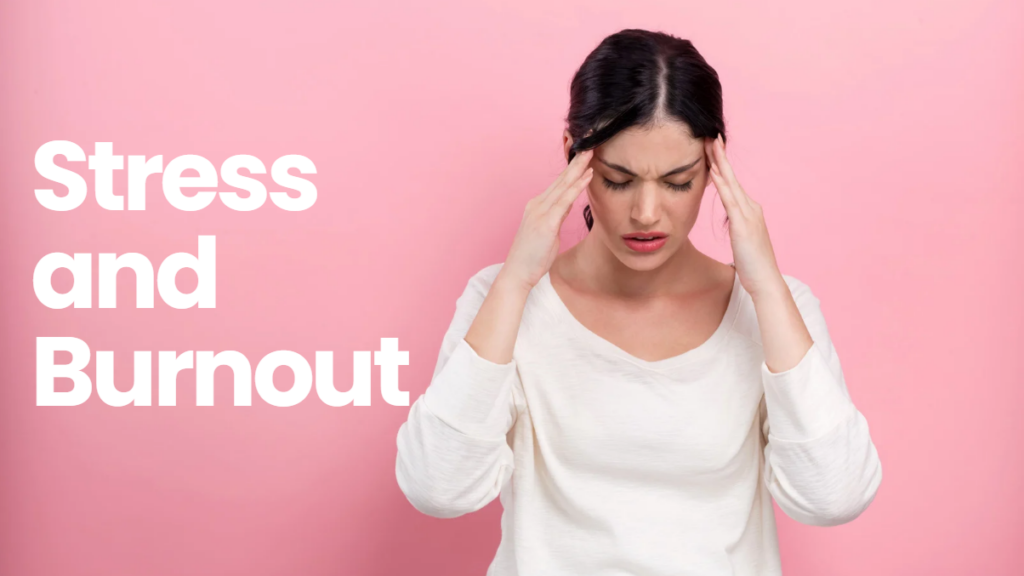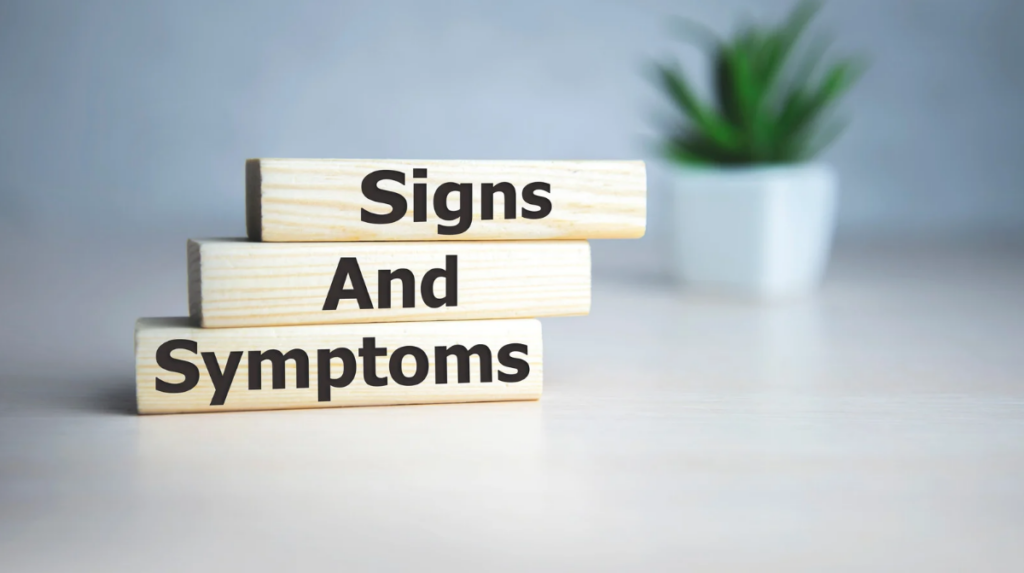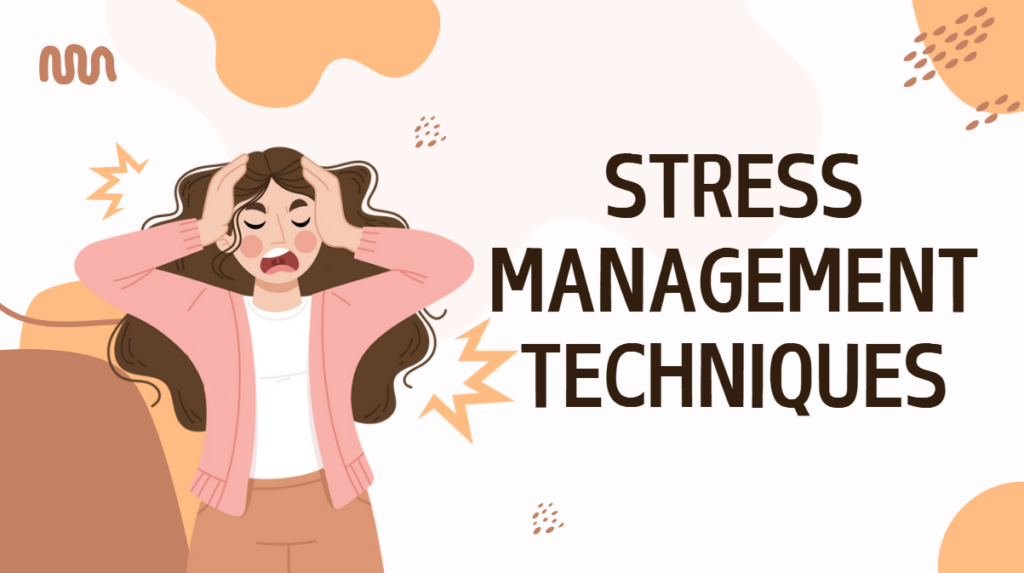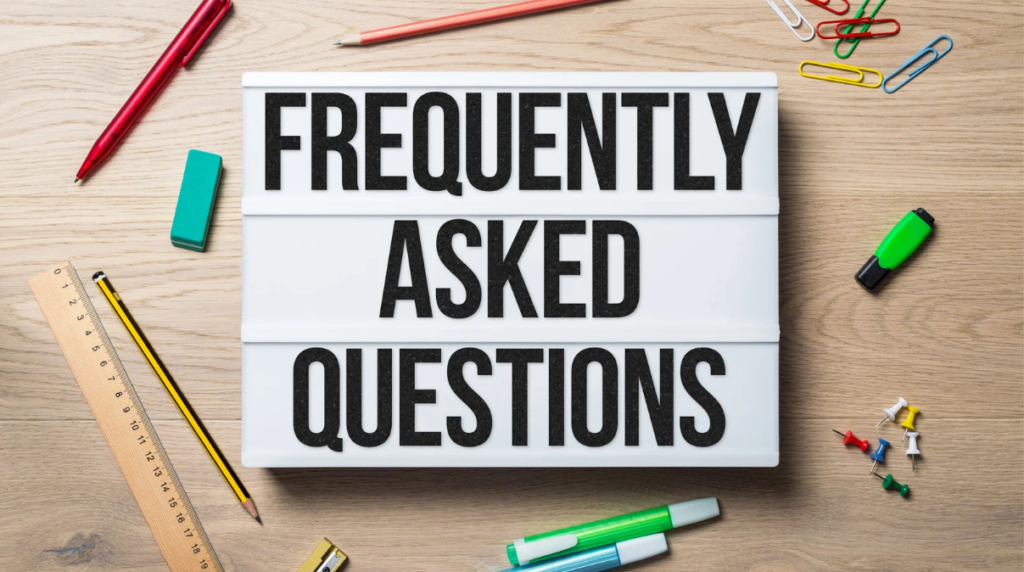
You wake up already feeling drained — before the day even begins. Your thoughts race through a list of unfinished tasks, growing responsibilities, and expectations that never seem to stop. You brush it off as stress — something everyone deals with, right? But lately, it feels heavier, harder to shake off, and more than just a bad week. Could it be burnout?
Understanding the difference between stress and burnout goes beyond knowing the terms. It’s about learning to recognize when your body and mind are sending early warning signs — and knowing when it’s time to pause, recover, and protect your well-being. Let’s explore how stress turns into burnout, what sets them apart, and why knowing the difference can make all the difference for your mental health.
What Is Stress?
Stress is your body’s natural response to a challenge or demand. It’s the built-in alarm system that helps you meet deadlines, solve problems, or escape danger. In small doses, stress can actually be beneficial — it sharpens your focus, boosts motivation, and helps you perform under pressure.
However, when stress becomes chronic — when you constantly feel tense, worried, or under threat — it stops being helpful. Chronic stress floods your system with stress hormones like cortisol and adrenaline, leading to physical, emotional, and behavioral strain.
Common Causes of Stress:
- Work overload or tight deadlines
- Relationship conflicts or family demands
- Financial pressures
- Health issues or chronic illness
- Lack of control or uncertainty about the future
Stress can manifest in many forms — physical tension, irritability, poor sleep, or constant racing thoughts. The good news? With proper stress management techniques, it’s often reversible.
What Is Burnout?
Burnout goes beyond ordinary stress. It’s not just about feeling overworked or tired — it’s about feeling emotionally empty, mentally detached, and spiritually drained.
The World Health Organization (WHO) defines burnout as a syndrome resulting from chronic workplace stress that hasn’t been successfully managed. It’s characterized by:
- Exhaustion: Feeling completely depleted of energy or motivation.
- Cynicism or Detachment: Developing negative or indifferent feelings toward work or people.
- Reduced Efficacy: A sense of ineffectiveness or lack of accomplishment.
Burnout often develops gradually. It begins with prolonged, unrelenting stress and worsens as you push yourself beyond your limits without adequate rest or support. Unlike stress, burnout isn’t something you can “power through.” It requires intentional healing and lifestyle change.
Stress vs. Burnout: Understanding the Difference

Stress and burnout share some symptoms — fatigue, irritability, sleep problems — but their underlying nature and consequences differ dramatically.
Here’s how they compare:
| Aspect | Stress | Burnout |
| Duration | Often temporary; linked to specific pressures | Long-term, cumulative, and difficult to reverse |
| Emotional State | Overwhelm, anxiety, urgency | Emptiness, detachment, hopelessness |
| Energy Level | Over-engaged, overactive | Disengaged, depleted |
| Motivation | Still present — you want to meet goals | Lost motivation — “What’s the point?” |
| Recovery | Relief comes once stressor ends | Rest doesn’t help — deeper emotional exhaustion |
| Outlook | You believe things will get better | You doubt things will ever improve |
Think of stress as “too much” — too much pressure, too many demands, too little time. Burnout, on the other hand, is “not enough” — not enough energy, motivation, or purpose left to keep going.
What Causes Stress and Burnout?
While stress and burnout share overlapping triggers, the intensity and duration of those triggers often determine which one you experience.
Common Stress Triggers:
- Heavy workloads or constant multitasking
- Academic pressure
- Family responsibilities
- Financial instability
- Sudden life transitions (moving, marriage, loss)
Common Burnout Triggers:
- Long-term exposure to overwhelming workloads
- Lack of recognition or reward for effort
- Little to no control over your work environment
- Unclear expectations or unfair treatment
- Emotional labor (e.g., caregiving, healthcare, education, social work)
Certain personality traits — such as perfectionism, people-pleasing, or chronic overcommitment — can also increase your risk of burnout.
If you feel like you’re running on empty despite doing everything “right,” burnout may be quietly taking hold.
Recognizing the Signs and Symptoms

Learning to recognize the warning signs early can help prevent burnout before it takes over your life.
Early Signs of Stress:
- Headaches, muscle tension, or fatigue
- Insomnia or poor sleep quality
- Irritability, anxiety, or mood swings
- Trouble concentrating or forgetfulness
- Overeating or loss of appetite
- Increased use of caffeine, alcohol, or nicotine
When you’re stressed, you may still feel like you’re in control — just overwhelmed. You might take a day off, exercise, or vent to a friend and feel somewhat better.
Signs You’re Moving Toward Burnout:
- Persistent exhaustion — even after rest or weekends
- Feelings of emptiness or detachment from your job or loved ones
- Loss of motivation or enjoyment in things you once loved
- Increased cynicism or negativity
- Difficulty performing even basic tasks
- Feeling like you’re failing no matter what you do
Real-Life Example:
- Stress: You’re anxious about a project deadline but still motivated to finish it. Once it’s done, you feel relief.
- Burnout: You no longer care about the project — or any project. You feel numb, resentful, and question why you even bother.
Why It Matters: The Mental Health Connection
Failing to recognize the difference between stress and burnout can have serious consequences. Treating burnout as “just stress” often leads to ineffective coping and worsening symptoms.
Here’s Why the Distinction Matters:
- Different Interventions: Stress can often be managed with coping skills and lifestyle adjustments. Burnout may require deeper psychological or psychiatric intervention.
- Mental Health Risks: Untreated burnout increases the risk of depression, anxiety disorders, substance use, and even suicidal thoughts.
- Physical Health Impact: Chronic stress and burnout can both contribute to high blood pressure, heart disease, immune dysfunction, and sleep disorders.
- Work and Relationship Strain: Burnout doesn’t only affect productivity — it strains relationships, empathy, and your sense of identity.
Recognizing where you are on the stress-burnout spectrum allows you to seek appropriate help before long-term damage occurs.
How to Manage Stress Effectively

Managing stress begins with awareness — understanding your triggers and creating strategies to prevent overwhelm before it spirals.
Proven Stress Management Techniques:
- Practice Mindfulness: Techniques like deep breathing, meditation, or yoga calm your nervous system and bring you back to the present.
- Set Boundaries: Learn to say no, delegate tasks, and protect your personal time.
- Stay Active: Regular physical activity releases endorphins that counteract stress hormones.
- Prioritize Sleep: Quality sleep restores your mind and body.
- Eat Well: Nutrition directly affects your energy, mood, and stress resilience.
- Connect with Supportive People: Talking things through helps you process emotions and gain perspective.
- Use Time Wisely: Break large tasks into smaller ones, focus on what you can control, and allow yourself realistic breaks.
How to Recover from Burnout
Burnout recovery takes time — and compassion. It’s not about pushing harder; it’s about rebuilding what chronic stress has eroded.
Steps to Recover from Burnout:
- Acknowledge It: Denial keeps you stuck. Recognize that burnout is real and deserves care.
- Take a Break: You may need extended rest, time off work, or a sabbatical to recover physically and mentally.
- Seek Professional Help: A psychiatrist, therapist, or counselor can help you process emotions, set new goals, and explore meaning.
- Reevaluate Your Environment: Identify what’s causing burnout — workload, toxic culture, lack of boundaries — and make changes.
- Reconnect with Your Purpose: Reflect on what matters most. Reconnecting with your values restores motivation and direction.
- Build a Sustainable Self-Care Plan: Include activities that nurture you — reading, nature walks, journaling, or creative hobbies.
- Set Long-Term Boundaries: Learn to protect your energy even after you recover, preventing relapse.
Burnout recovery is not linear. Some days you’ll feel energized; others, you may feel empty again. What matters is consistent self-compassion and support.
When to Seek Professional Help
You should seek help if you’ve tried self-care strategies and still feel stuck, numb, or hopeless.
You don’t have to reach rock bottom before reaching out.
Signs It’s Time to Get Professional Support:
- Ongoing exhaustion despite rest
- Difficulty functioning at work or home
- Feeling detached, cynical, or unmotivated
- Persistent sadness, anxiety, or irritability
- Sleep or appetite changes
- Thoughts of hopelessness or self-harm
FAQs: Common Questions About Stress and Burnout

1. Can stress lead to burnout?
Yes. Prolonged, unmanaged stress is one of the leading causes of burnout. The key is early intervention — recognizing when stress stops being motivating and starts being harmful.
2. Can burnout go away on its own?
Rarely. Burnout typically requires active recovery, rest, and support from professionals or trusted individuals.
3. Is burnout the same as depression?
They overlap but are distinct. Burnout is usually work- or role-related, while depression affects all areas of life. However, untreated burnout can lead to depression.
4. How long does burnout recovery take?
It varies by person. Some recover in weeks; others take months. Healing depends on rest, boundaries, and supportive interventions.
5. Can I feel both stressed and burned out?
Yes. You may oscillate between feeling anxious and emotionally drained — a sign that burnout may be developing.
6. Are some people more prone to burnout?
Yes. Perfectionists, high achievers, caregivers, and people with limited support systems are more susceptible.
Final Thoughts: Your Well-Being Matters
The line between stress and burnout can be thin — but recognizing it early can change everything. Stress may be a signal to slow down; burnout is a plea to stop and heal. Both are not signs of weakness, but signs that your mind and body are asking for care.
At EmpowHer Psychiatry and Wellness, our team provides compassionate, personalized mental health care that addresses stress, burnout, anxiety, and other emotional challenges. Together, we help you rediscover balance, resilience, and purpose.
✨ Take the first step toward healing today.
Visit EmpowHer Psychiatry and Wellness to schedule your consultation and learn how we can support your journey toward better mental health.

